How Music Can Help Athletes Recover from Sports Injuries
AASP
AUGUST 10, 2023
While this is widely considered the standard process to ‘properly’ heal an injury, there is a critical component that frequently goes untreated: the psychological symptoms experienced (Arvinen-Barrow & Walker, 2017). Let us dive into the neuroscience of sport injuries.</p>


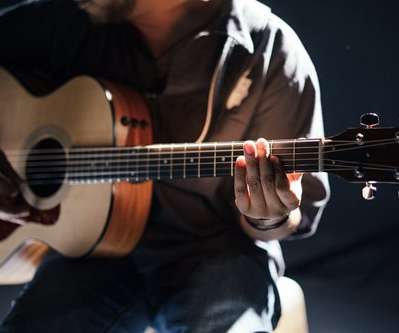



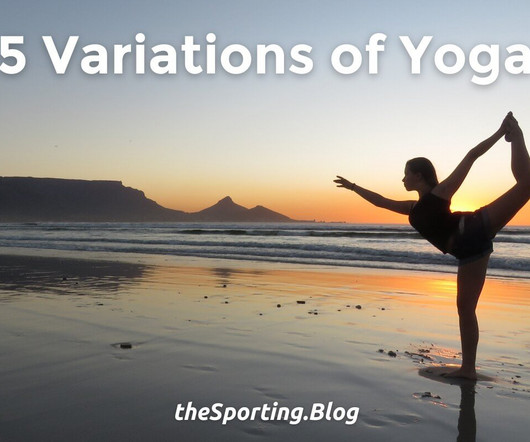


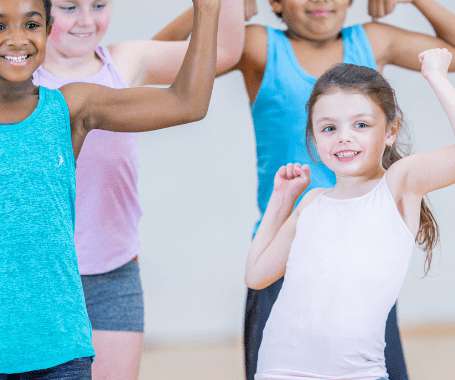

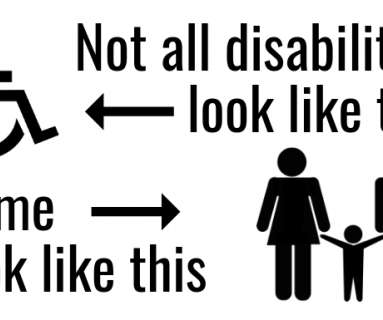

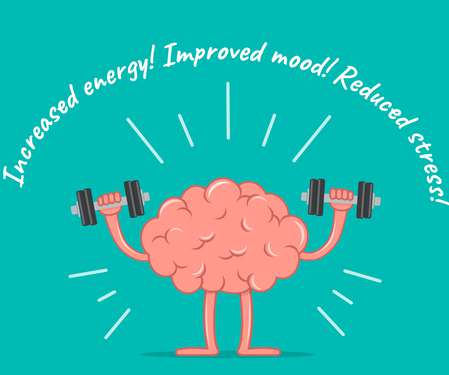

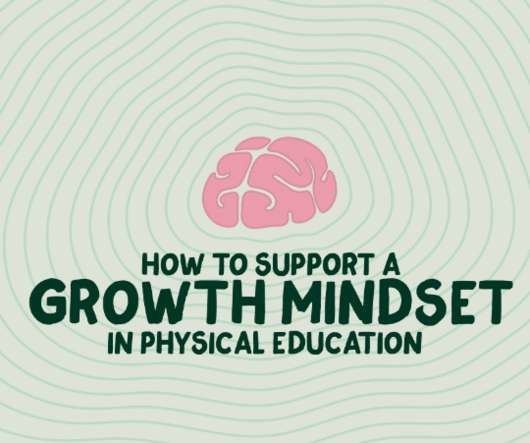











Let's personalize your content